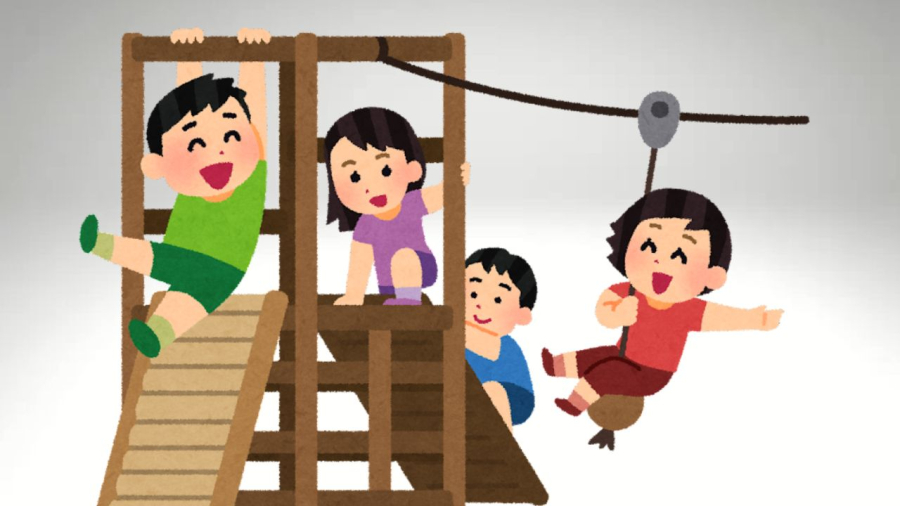Many intelligent and gifted children are directed by their parents from an early age, but some only find the courage to pursue their true passions as they grow older. This often means they have to rebuild their path in life, which can be time-consuming. Some parents do not respect their child’s passions and instead push them towards a path of their own making. Other parents want their children to develop their passions but struggle to identify their child’s interests, strengths, and talents.
If you are in this situation, the following advice might help you uncover your child’s passions and set them up for a smoother journey into adulthood:

Spending more time with your child will help you understand their interests
Spend more time with your child
Some children clearly express their passions from a young age, while others may be more reserved. In the latter case, parents need to be patient and invest more time in their children. By playing and learning together, parents can discover their child’s interests and passions. It is also important to regularly encourage and build their child’s confidence so they feel comfortable expressing themselves. When you observe, play, and engage with your child in their development, you will understand what they enjoy. For example, if your child plays a musical instrument, you can show your support by listening, clapping, or offering words of encouragement. Your consistent presence will motivate your child to develop their talents. While parents can provide guidance, it is important to avoid placing too much pressure or expectation on the child.

Giving your child freedom and space will allow them to express their strengths
Provide your child with a free and safe space to grow
Children will express themselves when given the freedom to do so. This is when parents can truly understand their child’s passions. Take your child outdoors and encourage them to participate in new experiences rather than confining them to the safety of home. When children are restricted to the home, they may struggle to express their talents, making it difficult for parents to identify their passions. If possible, provide your child with a variety of experiences and then continue to expose them to places where they can further express their strengths.

Enriching experiences help children uncover their passions
Offer a variety of enriching experiences
A wide range of experiences maximizes a child’s creativity, adaptability, and dynamism. Through these experiences, children develop their abilities and gain confidence, becoming more eager to express themselves. In stimulating environments, curious and active children will have the opportunity to showcase their strengths.
Create an environment that fosters your child’s passions
Passions cannot flourish without a supportive environment. Once you recognize your child’s interests, create opportunities for them to pursue these interests. Children may have different passions at different stages of their lives, and they may have multiple passions at once, with one eventually becoming more dominant. Therefore, it is important to provide an environment that allows them to explore and nurture their interests, eventually turning them into lasting passions.
Help your child plan to pursue their passions
Scientists suggest that for children under three years old, a healthy and stimulating environment should be provided to allow for free development. Observe what consistently captures your child’s attention over time—this is likely their passion. However, as children grow older, their interests may change, and they may lose interest in what they once loved. So, when you recognize their passions, help them create a plan and set achievable goals to keep them motivated. Celebrate and reward their small achievements, and provide opportunities for them to connect with others who share their passions.
When you see your child’s passion, do not dismiss it just because you think it is not a suitable pursuit. Even if it does not become their career, it can still contribute to their development and well-being.
“The First Eight Years: Nurturing Your Child’s Character Development”
“Don’t worry if you can’t build a house yet; focus on building yourself first. Investing in self-improvement will save you a fortune in the long run, and the results will be well worth the wait. The first eight years of a child’s life are crucial, so parents must prioritize accompanying their children during this formative period.”







































